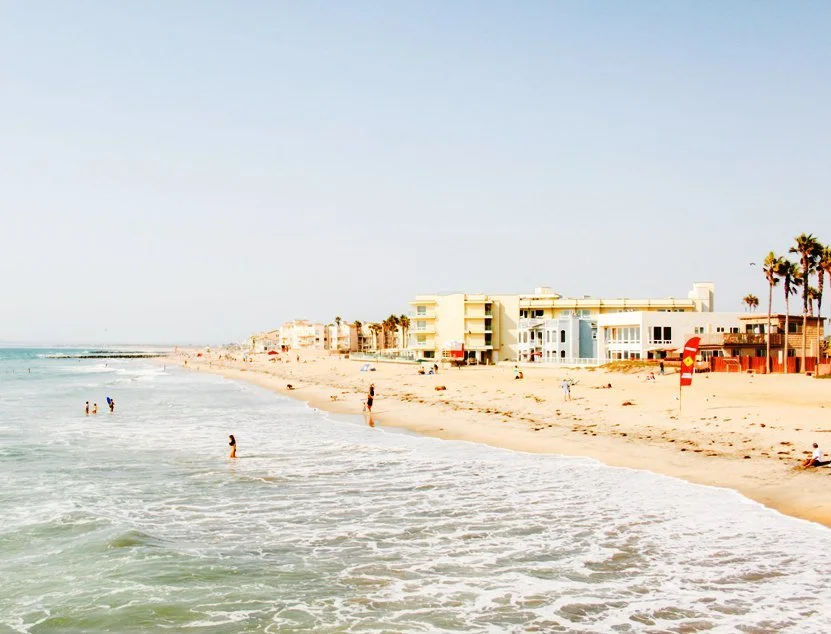sun safe this summer
It’s official summer’s here! Sun drenched afternoons spent languishing in gardens and on beaches are what we live for with their mood boosting, vitamin D injecting loveliness.
This month we’re celebrating International Sunglasses Day (27 June) and the importance of wearing sunglasses to protect our eyes. Jump on board and show us your best #SunglassSelfie
sun safe skin
Too much sun is the main cause of both skin cancer and skin ageing. In the UK, almost 9 in 10 cases of melanoma could be prevented by enjoying sun safely.
Here in the UK the sun’s UV rays are the strongest between 11am and 3pm from early April to late September. This is the time where the sun can cause damage, so we need to show it some respect.
One of the best ways to protect your skin from the sun's rays is to spend some time in the shade.
Shade and clothing are more effective than sunscreen and a lot more eco friendly to boot. Take a break under trees, parasols, canopies or our personal fave - head indoors for a lazy long luncheon.
Rays reflect off pavements and burn through sheer fabrics, so choose loose-fitting pieces with a close weave material. Hats are your friend - I don’t leave home without my trusty cap for full face protection.
screen your skin
It’s time to take a fresh look at our sunscreen. Whatever we put on our skin is absorbed into our skin, so it’s important to look at ingredients and go for more natural products that are kinder to your skin.
by Jakob Owens
We need to consider how ocean safe our sunscreen is too. The chemicals contained in suncreams are thought to be damaging to marine life and coral reefs alike.
Chemicals like oxybenzone and octinoxate can seep into the water, where they're being absorbed by corals, algae, sea urchins, fish and mammals. Look for sunscreens with natural mineral ingredients aka titanium oxide and zinc oxide.
Choose a broad spectrum, high protection SPF with UVA 4* or 5* protection. Apply liberally and reapply every 2 hours. Don't leave it in the sun - it stops working when stored above 25°C . And yes, it has a shelf life - once expired it's not effective... so bin it and recycle that tube.
Shade those eyes
The sun's ultraviolet light and exposure to UV radiation is linked to some serious eye conditions... cataracts, macular degeneration, photokeratitis (corneal sunburn) and research has found that 5-10% of skin cancers occur on the eyelid… eek!
By Aral Tasher
Protect your peepers by investing in quality sunglasses that block both UVA and UVB radiation. Over 90% of UV can pass through even light cloud - so don't leave home without them.
It's not the colour of your lenses, it's the percentage of UV protection that matters, so you can go for that pale tint as long as you go for 100% UV. Oversized or wraparound sunglasses block the most sun, especially when those rays are bouncing off sand and sea.
good Summer habits
UV damage is cumulative, occurring over a lifetime of exposure. Children are especially vulnerable, so get them in good habits of throwing on their sunnies when you do. Burn now and pay later, so stay sun safe this summer.
Check out our range of 100% UV protected sunnies and get ready to turn up the heat.
Jo







